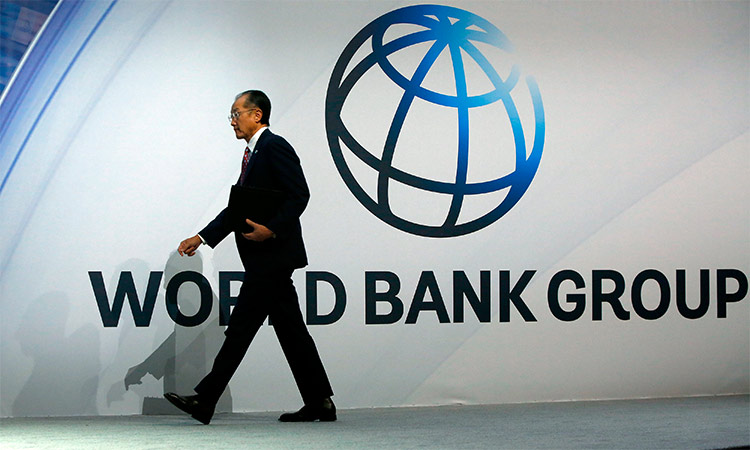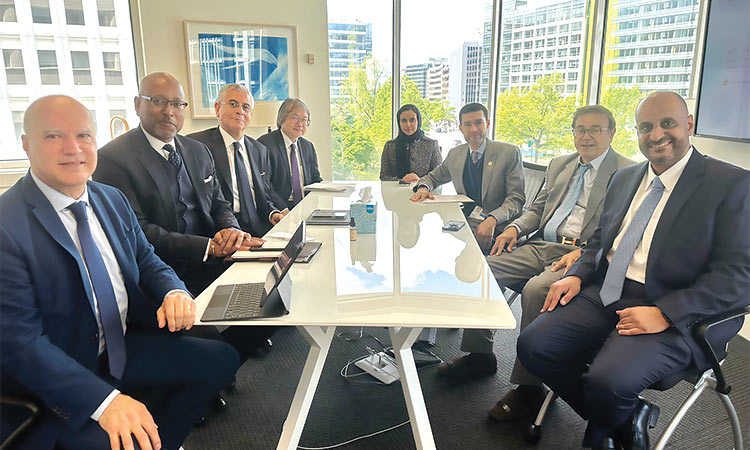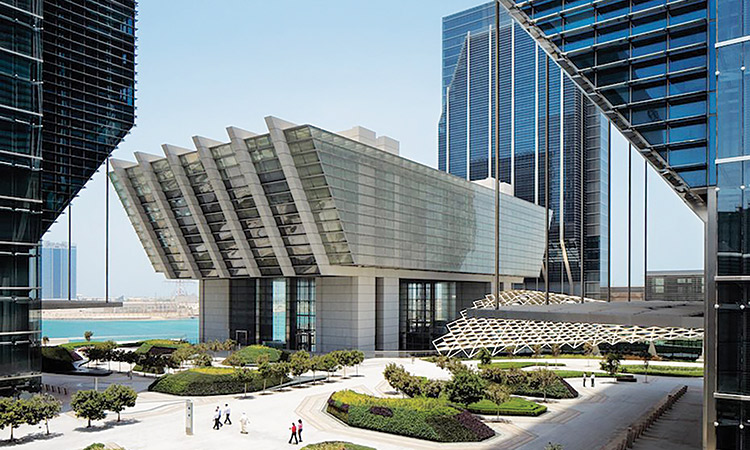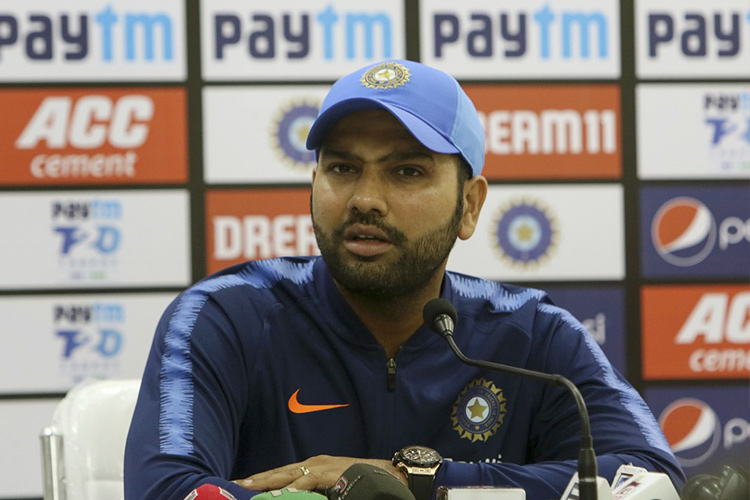World Bank to fight climate change

Photo has been used for illustrative purposes only.
And so far, the US has contributed only $2 billion to the $100 billion fund that the rich countries had committed to help poor countries fight climate change. If Banga’s choice is approved by the bank governors, it is possible that other countries could make their own nominations and the governors would have to choose among them. But it is likely that Banga’s candidacy will go through because the climate change issue is something that has the support of many of the European countries as well.
The WB has been seen as an institution that would help developing countries in carrying out many projects that help those countries to come out of poverty. But over the decades it has been found that many of the development programmes that the WB had financed were based on wrong assumptions, and that those programmes did not really help the poor countries. And they had ended up creating more problems, including climate change issues. So Banga will have a tough time in changing the profile of the bank. It should be remembered that the WB had set out to fight poverty but it has ended up creating more poverty-related problems. And it could be the case that WB with its good intentions of fighting climate change might end up making things worse. Banga then has to prove that he has both good intentions and efficient means to fulfil those intentions.
There has been demand for some time now for the reform of multilateral institutions like the International Monetary Fund (IMF) and the WB. It is mainly about giving greater share and greater say for the new big economies like China and India, as well as other countries from Asia and Africa. It was the case that when these institutions were set up, it was the European countries and the US which were technologically advanced and economically prosperous. But 70 years later, the economic profile of many countries have changed. And it is felt that Asian giants like China and India understand the challenges of developing countries much better.
While the debate about reform of IMF and WB continues, the challenge of climate change imposes its own demands on these two institutes as well as many other multilateral financial organisations. The WB has to take greater responsibility in financing projects which would check the effects of climate change. And countries most affected by climate change – the poor countries – must have a say in the projects they need and the money they need to back them. So, it may not be enough to have a climate change-sensitive Banga heading the WB. There would be need for deeper structural changes in the set-up of the bank. It has been said that the outgoing bank chief, David Malpass, lacked the imagination to push for projects that helped fight climate change. Banga through his previous record shows that he is willing to push financial packages to check climate change. But one thing is crystal clear. It is time that WB got its act together in responding to the climate change crisis.







